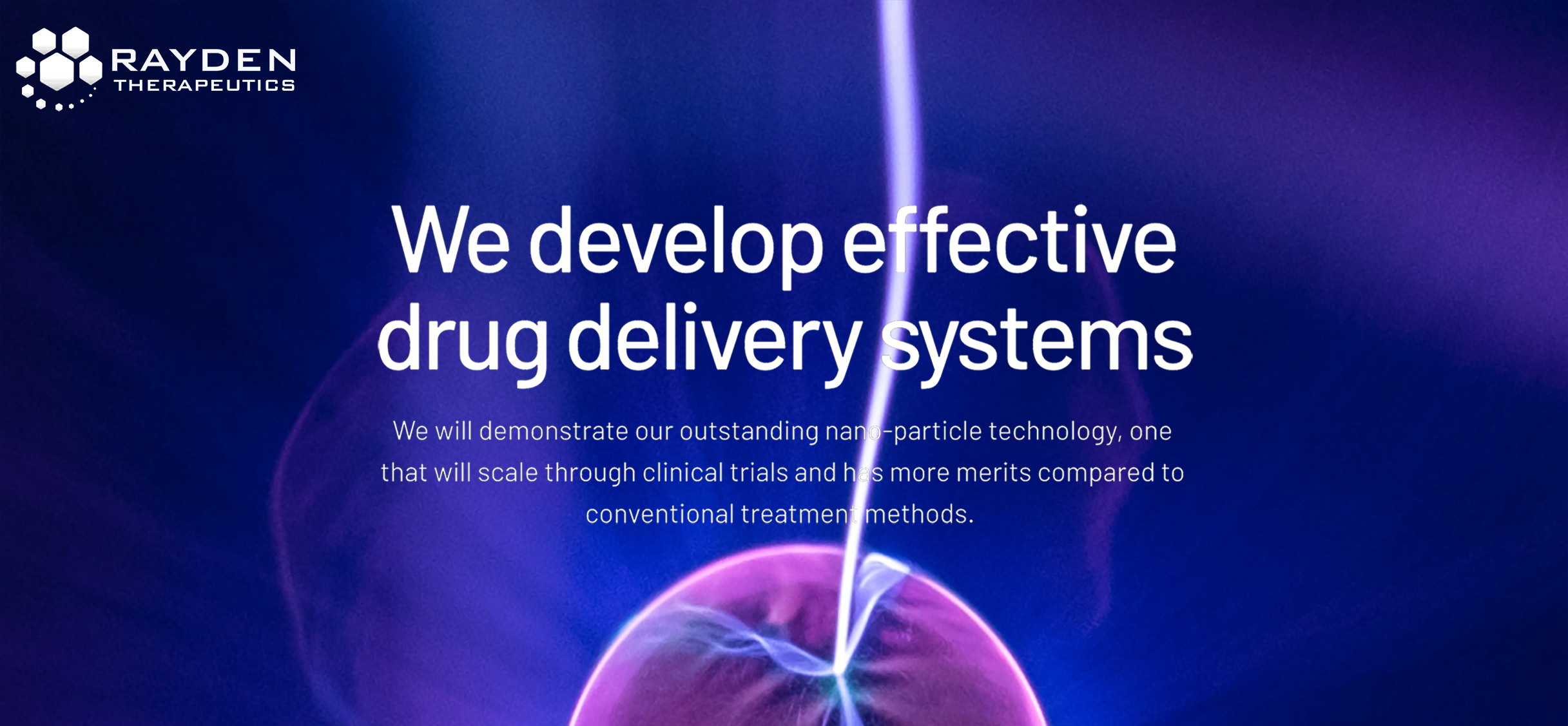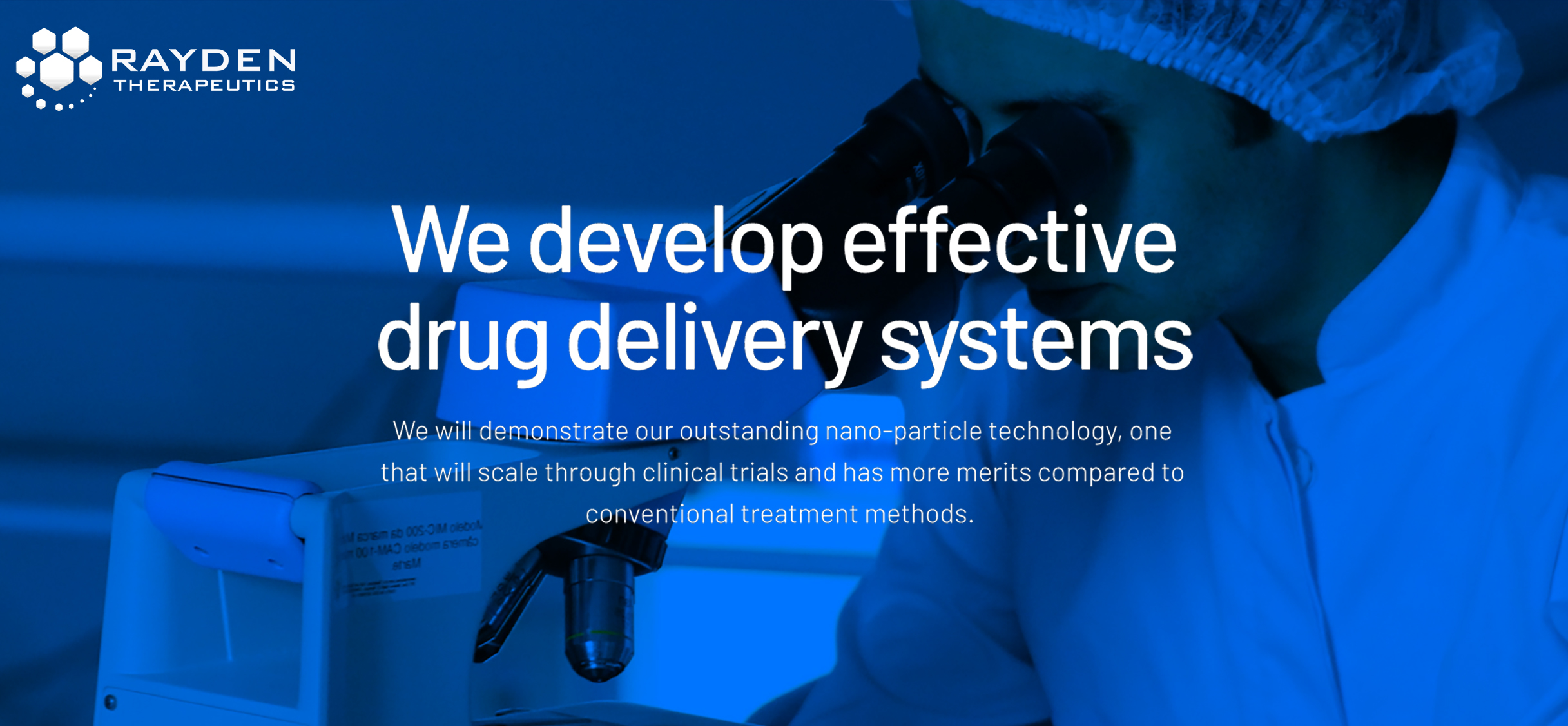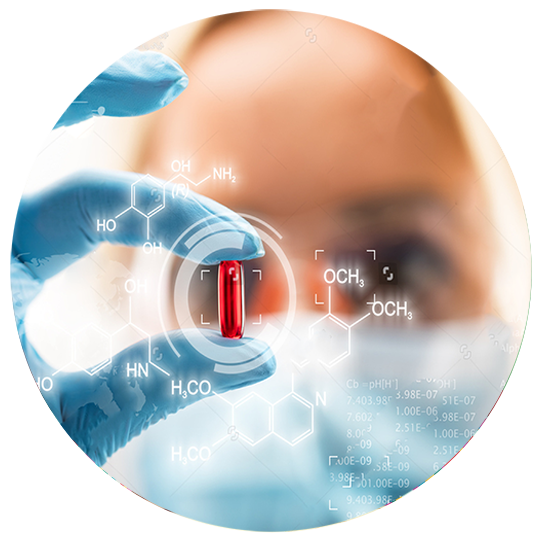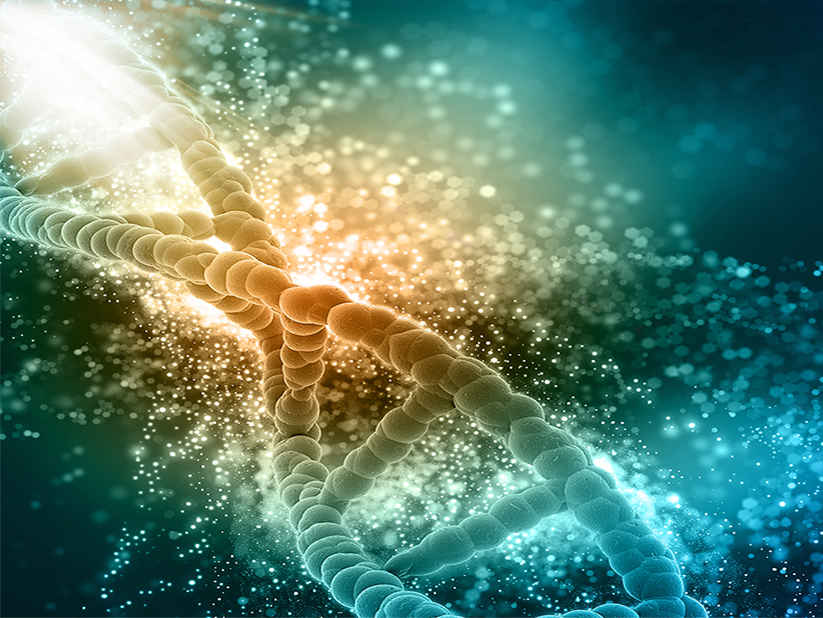Basically, anti-angiogenesis refers to the prevention of the growth of new blood vessels. Actually, the development of new blood vessels involves the growth, migration and differentiation of endothelial cells lining the walls of vascular tissues. Various chemical signals control the process of angiogenesis in the body.
These signals, some of which include vascular endothelial growth factor, attaches to receptors on the surface of healthy endothelial cells. Signals are initiated within these cells which promotes the development and survival of new blood vessels. Angiogenesis inhibitors interfere with the formation of blood vessels.
The role of angiogenesis in cancer is vital. The reason? Developing tumors require a steady supply of blood. Tumors can enhance the formation of this blood supply by creating and giving off signals that trigger angiogenesis. The tumors can also stimulate normal cells lying in close proximity to themselves to produce signaling molecules for angiogenesis. Once these new vessels are formed, they supply tumors with nutrients and oxygen, allowing it to grow rapidly, and promoting the invasion of other cells and tissues by the cancer.
Our research aims to monitor changes in the effectiveness of cancer therapy by interacting graphene-oxide nanospeheres with nanoparticles. Both will work together to deliver peptides expressing plasmids to cancer T-cells. So far, we have obtained good results on tumor-cell targeting and destruction of blood vessels supplying the tumors.
Research programs are ongoing to study the potential of anti-angiogenesis novel approaches, alongside the possibility of combination of approaches that benefits from anti-angiogenesis altering the micro-environment of the tumor.






